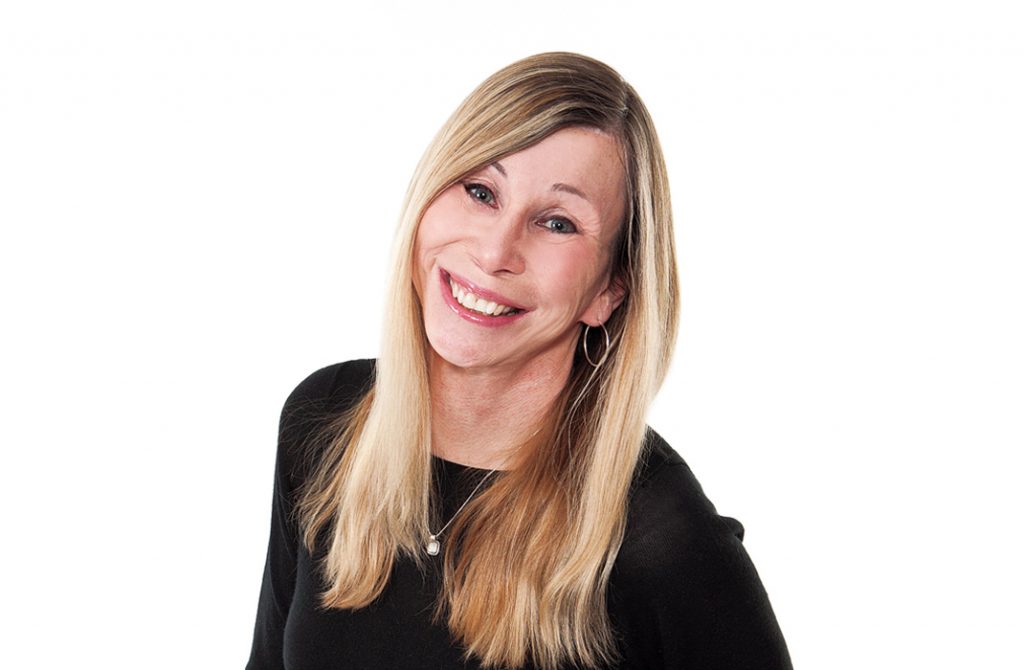A nonprofit directed by Ellie Krug ’82 has received the American Bar Association (ABA) Louis M. Brown Award for Legal Access. Krug serves as Executive Director for Call for Justice, a Minnesota based nonprofit that helps connect those with low and moderate incomes with lawyers and legal resources.
The Louis M. Brown Award is awarded annually to honor programs that match the unmet legal needs of the middle class and those of moderate incomes with lawyers. The Award, presented by the ABA Standing Committee on the Delivery of Legal Services, is intended to recognize programs that have made “creative contributions to the delivery of legal services in ways that are exemplary and replicable.”
“We’re proud to be recognized for the contributions we’ve made in helping low and moderate-income people connect with lawyers to fight legal emergencies in the Twin Cities and greater Minnesota,” said Krug in a statement. “We believe we’ve created a model that can be replicated across the United States.”
Call for Justice, LLC (C4J) is a two-person Minneapolis nonprofit that opened in December 2011 with a mission to help people with legal emergencies, particularly persons with lower incomes or from marginalized communities, navigate the system in search of lawyers. Initial funding for C4J originated within the Twin Cities legal community, including 29 law firms, the foundation arms of the Hennepin and Ramsey County Bar Associations, and with seed money from the Saint Paul and Bigelow Foundations.
Access to justice in the United States, sometimes called the “Justice Gap” because low and moderate income people can’t easily obtain lawyers, has been described as a “dramatically understated crisis.” In civil cases, 80% of the legal needs of the poor are unmet; the ratio of private attorneys to the general population (based on attorney per capita estimates) is 1:525, while the availability of Legal Aid attorneys (funded by all sources) to the U.S. poverty population is 1:6,861, a more than ten-fold disparity. An added problem is that many moderate-income people (which includes the “working poor”) earn too much to qualify for pro bono (no fee) attorneys, yet they don’t earn enough to afford market rate lawyers.
“Lawyers make a difference,” Krug said. “They can mean the difference between an eviction by an unscrupulous landlord and keeping a family in their apartment.” The inability to speak with a lawyer can be devastating for those with a legal emergency.
C4J’s programs include a program that helps nearly 60 different organizations break through silos to share information about free or low fee lawyers. In doing so, C4J helped two Minneapolis law firms “adopt” the Jeremiah Program (which helps woman and children escape intergenerational poverty).


